Past Praise for Francine Falk-Allens
Not A Poster Child: Living Well
with a DisabilityA Memoir

 2019 Living Now Book Awards Gold Medal
2019 Living Now Book Awards Gold Medal
Winner in Inspirational/Memoir (Female)
 2018 Sarton Womens Book Awards
2018 Sarton Womens Book Awards
Silver Medal/Finalist in Memoir
 Kirkus ReviewsBest Books of 2018
Kirkus ReviewsBest Books of 2018
Overall, this is a frank, no-nonsense account of living with a disability, edged with a razor-sharp wit Bold, charming, and inspirational.
KIRKUS REVIEWS
Its refreshing to see a sense of humor that leans absurdist rather than self-deprecating, and Falk-Allens cheekiness enlightens as much as it endears. Not a Poster Child is enlivened by its uniquely compassionate approach to living with a disability as it confronts timely issues of vaccination, workplace accessibility, and life-affirming kindness.
CLARION/FOREWORD REVIEWS
Not a Poster Child places the reader inside the body of Polioand into a world of surprising expectations. The view from Francine Falk-Allens captivating memoir envelopes unexpected family dynamics and intimate insights only a writer who has lived the life can bring to the page. As the daughter of a Polio victim, this book brought me closer to my mothers experience and into a reality few have walked
PAMELA LIVINGSTON, MA, MFA, Book Passage
With plainspoken eloquence, Francine Falk-Allen brings to life the rich palette of emotions of her lifelong battles with poliothe sorrows and joys, the heartbreaks and triumphs. Her book is funny, inspiring, and bitingly honest. Its a revealing, constantly surprising story that shines a new light on that eternal human question: how can we make the most of our lives?
EDWARD GRAY, Emmy Award-winning documentary producer and director
A beautifully written book about loss, pain and finding the will to forge ahead. Falk-Allen writes openly and courageously as she details a childhood spent overcoming first, a bout with polio, and then [another heartbreaking loss]. With equal parts humor and irreverence, she takes the journey through young adulthood and finally to the current challenge of dealing with the late effects of polio. A first-rate memoir on all accounts.
BRIAN TIBURZI, Executive Director, Post-Polio Health International
Not a Poster Child is a memoir of wit, unstinting honesty and compassion about Falk-Allen, who contracted polio as a child and has lived her life as handicapped, and ordinary. But this is not an ordinary story. You grow to love this character who is our heroine a story of a woman with disabilities which fade as she confronts the essential questions of how to make a life with love and rejection, searching and finding, failure and success unwavering in her willingness to take on life and make it work on her behalf. In the end the readerthis readerhas a friend and confidant.
SUSAN RICHARD SHREVE, author of Warm Springs: Traces of a Childhood at FDRs Polio Haven



Copyright 2021 Francine Falk-Allen
All rights reserved. No part of this publication may be reproduced, distributed, or transmitted in any form or by any means, including photocopying, recording, digital scanning, or other electronic or mechanical methods, without the prior written permission of the publisher, except in the case of brief quotations embodied in critical reviews and certain other noncommercial uses permitted by copyright law. For permission requests, please address She Writes Press.
Published 2021
Printed in the United States of America
Print ISBN: 978-1-64742-120-5
E-ISBN: 978-1-64742-121-2
Library of Congress Control Number: 2021900691
For information, address:
She Writes Press
1569 Solano Ave #546
Berkeley, CA 94707
Interior pencil illustrations by Francine Falk-Allen
Interior design by Tabitha Lahr
She Writes Press is a division of SparkPoint Studio, LLC.
All company and/or product names may be trade names, logos, trademarks, and/or registered trademarks and are the property of their respective owners.
Names and identifying characteristics have been changed to protect the privacy of certain individuals.
For my nieces, Kathe and Carol
CONTENTS

Introduction

T his is meant to be a companion book. Its sister is Not a Poster Child: Living Well with a DisabilityA Memoir, the story of my life with polio and its after-effects.
A caveat, up front: Some people with disabilities do not like to be referred to as handicapped, and I fully respect that. During the disability rights movement, the description a person with a disability became the preferred terma social preference I was unaware of, even as a person with a lifelong disability, until 2018. I have almost always used the term handicapped to describe myself, because it denotes being capable but needing an allowance for a less-than-normal condition. So, my apologies if anyone is offended by the use of handicapped. You do have to ask people with physical challenges what term they prefer, because its not the same for everyone, just as a physically normal person might prefer particular descriptive terms.
Also I thought a Wild Handicapper sounded more fun and kind of amusing, like an adventurous, untamed bird, and Wild Disabler well, it just didnt have a ring to it. I, along with most of the other disabled folks I know, dont want to be thought of as not having any flights of fancy left in me. Some folks with disabilities or who are simply aging are pretty feisty, too, often because theyve had to be in order to get through difficult circumstances. So throughout this book, I will refer to myself and the person in your life to whom the material Im covering applies (perhaps its you!) as Wild Handicappers.
I contracted polio when I was barely three years old, in 1951, in Los Angeles, California. I was hospitalized for six months at a rehab facility for polio kids and adults (although I did not know there were adults there until a few years ago) in Santa Monica. We thirty or so children were confined mostly to one immense room the entire time we were there. It wasnt fun, but I got some interesting stories out of it (which you can read in Not a Poster Child).
I emerged from the hospital with a permanently paralyzed foot, and a mostly paralyzed leg that tried its best to grow but of course never became the full-length, muscled, functional leg that the other one has been. As a young adult, I felt robbed of my childhood in some ways, since I had to be responsible for my well-being from the time I was released, at three and a half, with crutches and a bracenew devices that I had to learn how to operate on my own. Laterin the 1960s, after becoming temporarily rid of the brace and crutchesI was kind of a wild child, as many of my friends were. I needed to re-grow up in my thirties.
Next page

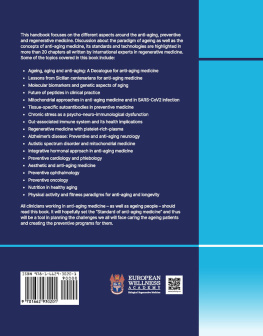
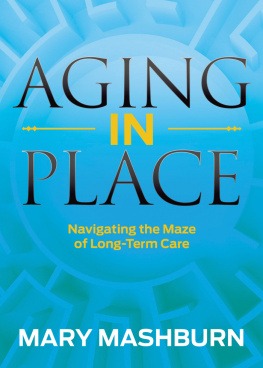

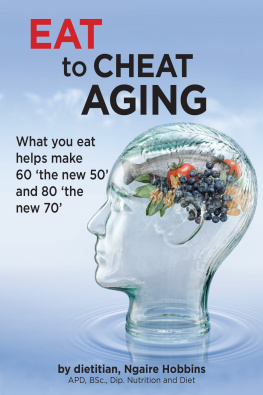
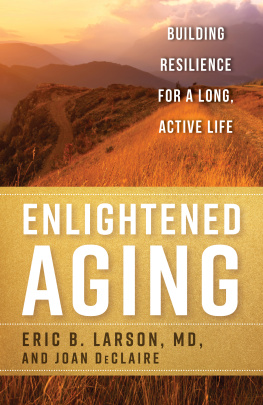
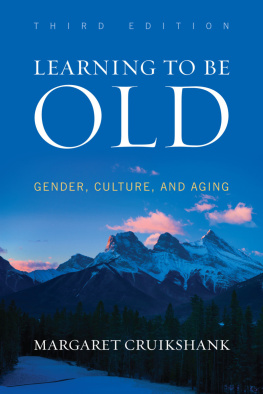
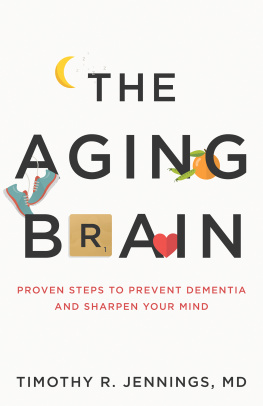

 2019 Living Now Book Awards Gold Medal
2019 Living Now Book Awards Gold Medal

